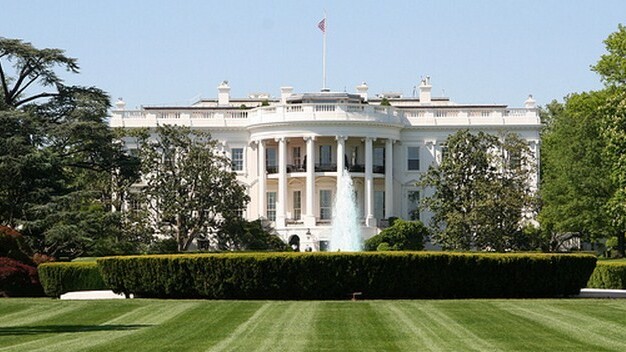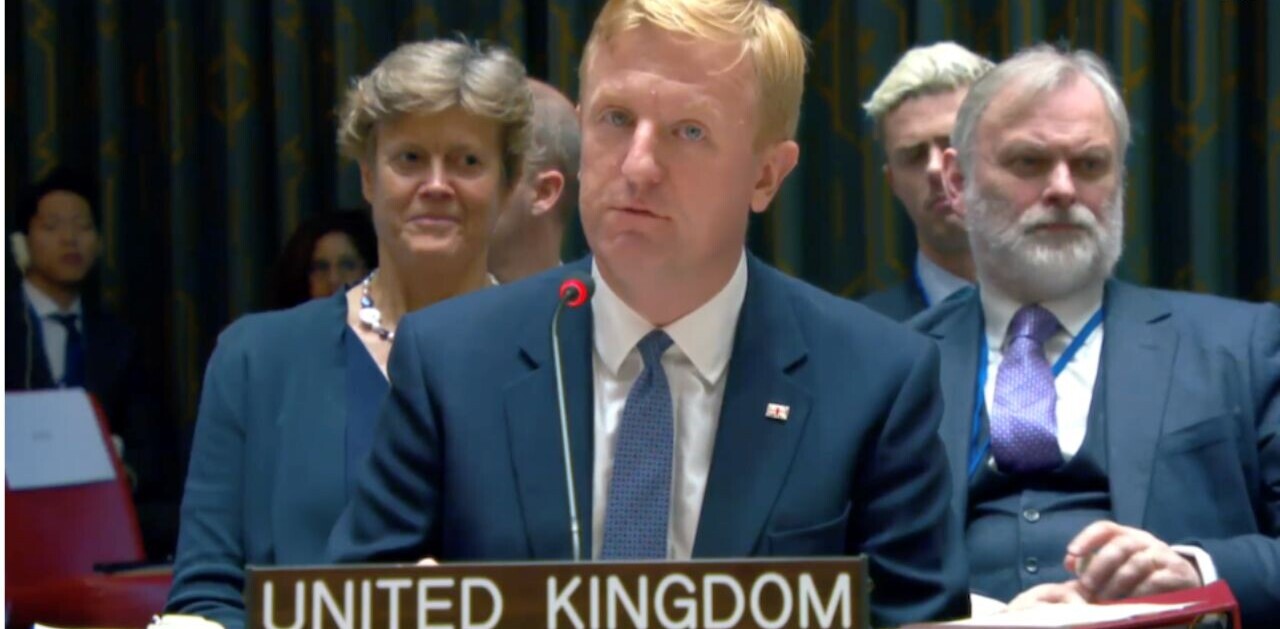
The United States today stated that it will not ratify the proposed telecommunications treaty that has been under construction for the past two weeks at a meeting of the International Telecommunication Union (ITU) in Dubai.
The refusal is not a surprise, as the country previously stated that it would not ratify any treaty that led to increased Internet regulation. During negotiations, the United States and its allied nations fought against having the ITU’s regulatory powers extend past telecom companies.
Nations with histories of repressed free speech, such as Middle Eastern countries, Russia, and China, were in favor of increased Internet regulation. The United Kingdom and Canada have also signaled that they will not ratify the treaty.
According to a report in The Hill, the United States fears that the treaty might “disrupt the current governance structure of the Internet” and perhaps allow for increased online censorship.
It’s worth noting that the United States had a difficult time throwing its weight around at the meeting, despite playing a key role in how the Internet runs, and occupying a leadership role in terms of digital innovation. That the Internet Corporation for Assigned Names and Numbers (ICAA) resides on its shores was something to keep in mind.
What future the treaty may have is not known at this time, but it’s a somewhat happy day as a number of countries have stood up for free expression and the right of dissent.
For more on the ITU event, and the annals of its progress, head here.
Top Image Credit: Mark Skrobola
Get the TNW newsletter
Get the most important tech news in your inbox each week.




